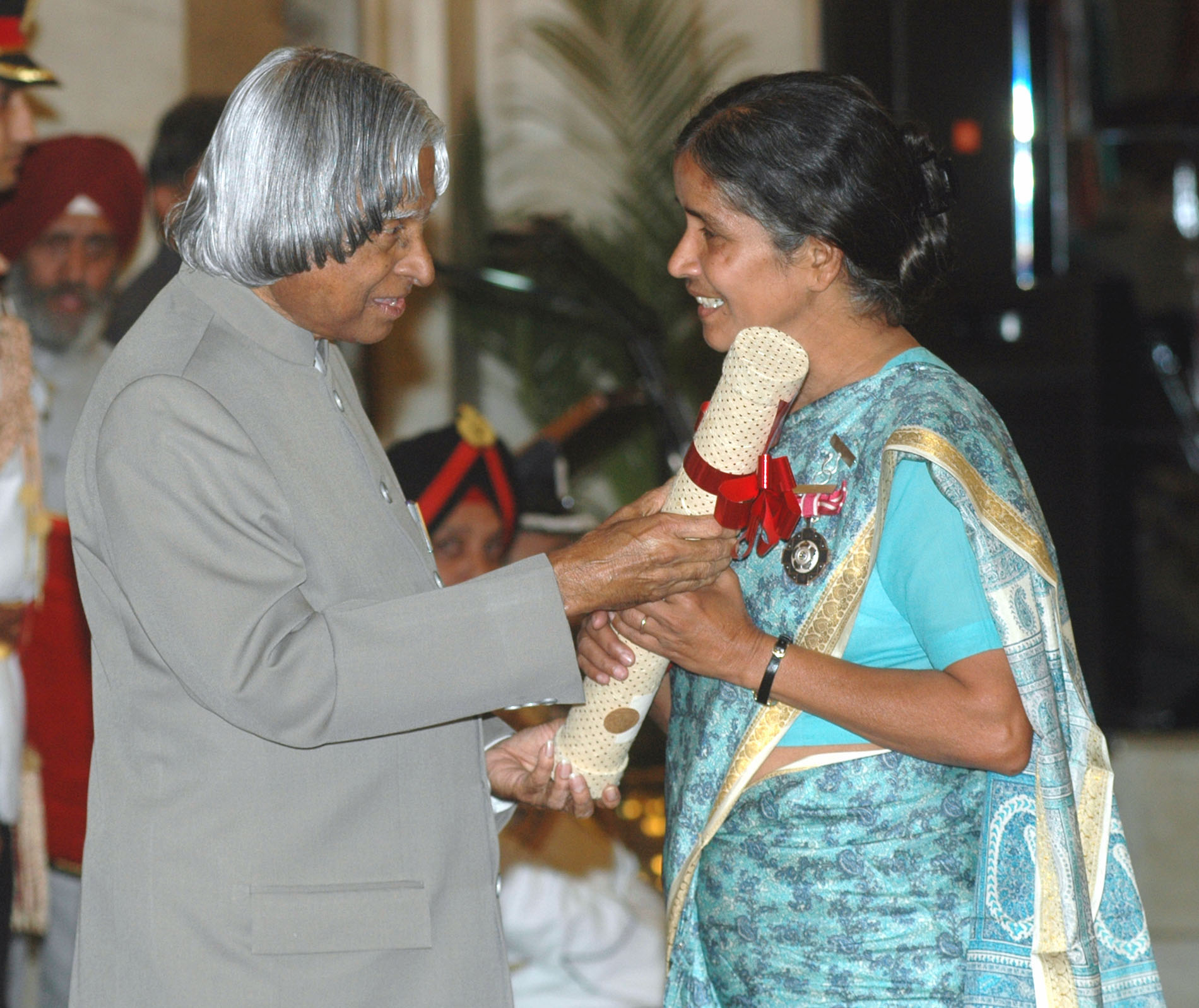
Sister Sudha Varghese has dedicated three decades of her life to live among “untouchables” in Bihar, India, and fight for their rights and education.
Sister Sudha spends three decades among lowest caste in Bihar, India
Sister Sudha Varghese is a social worker and Catholic nun in India who has devoted herself to the Musahar, the Dalit of Bihar and Uttar Pradesh. These are one of the very lowest Scheduled Castes, therefore considered "untouchables" by many, and their basic rights and education are often overlooked. In 2006, the Indian government presented her with Padma Shri ("Lotus Honour"), the fourth highest civilian award in the country.
“I have lived a thousand lives and died and a hundred deaths in these 50 years…”
Awarded with Padma Shri, India’s fourth-highest civilian award in 2006, Sudha Varghese, also known as Sister Sudha, has selflessly spent decades among lowest caste in Bihar, India. However, the 68-year-old Catholic nun has not been struggling to create a better life for herself. She has struggled all these years to give a better life to others.
The 68-year-old nun and social worker said that Bihar has helped to evolve her perspective towards many issues.
“I was unaware about the evils of caste system,and the miserable state of poor in Bihar. In the last five decades that I have spent here, I have grown as a person. I have overcome my fears. There were days and nights when I feared that I could be killed any moment.”

By educating a girl… Sister Sudha is aiming at working towards a paradigm shift in society
At the time of the interview in 2015 — from which these are only extracts —Sister Sudha had dedicated 21 years of her life to living among the Musahar community people in their Musaharis. “I have seen their pain, their suffering, their lifestyle, their customs. I notice their life every day. The children hardly go to school, especially the girls; they cook, clean and wash at home. I wanted to work for the cause of girl education,” she explained.
Sister Sudha started an education programs for the marginalised girls in 2005, and set up a residential school, Prerna.
She also added vocational skills like sewing and stitching to the education program. “I started with 25 girls, and then the state government officials heard about the program and visited the education centre. They liked how education had brought about a change in the lives of Musahar community girls and supported me in expanding my education centre from one to three. And then it went from three to five then 15 then 27 then 50 and now 80. I have my education centres in Bihta, Danapur, Punpun, Phulwari and Naubatpur” she said.
After providing basic education in these centres, the girl students are sent to government schools for proper certified education as the education centres run by Sister Sudha are not authorised to issue educational certificates.
By 2015, some 2,000 girls from these education centres had received matriculation certificates. These girls today know the importance of education and hygiene in life.
By educating a girl, Sister Sudha is aiming at educating a family and working towards a paradigm shift in society.
Along with the Padmi Shri Awawrd, further accolades such as the Corporate Philips Good Samaritan Award, Bihar Saman Award in 2010, and Bihar Asmita Award have applauded her work in society time and again.
“It is the smallest change that I have been able to bring about in somebody else’s life that makes a huge difference to my own life,” she concluded.
*Read the original in-depth interview with Shivani Sinha, for DNA India, in full.
Source: DNAIndia
Educating girls and women around the world matters: how to help
The organisations on this link are devoted to helping educate girls and women around the world. Some are large; some small. Some concentrate in one country; others in many. Each has its own area of focus, from cultural exchange, training teachers, providing education, to inspiring participation. Read more about each one and learn how to donate or get involved.